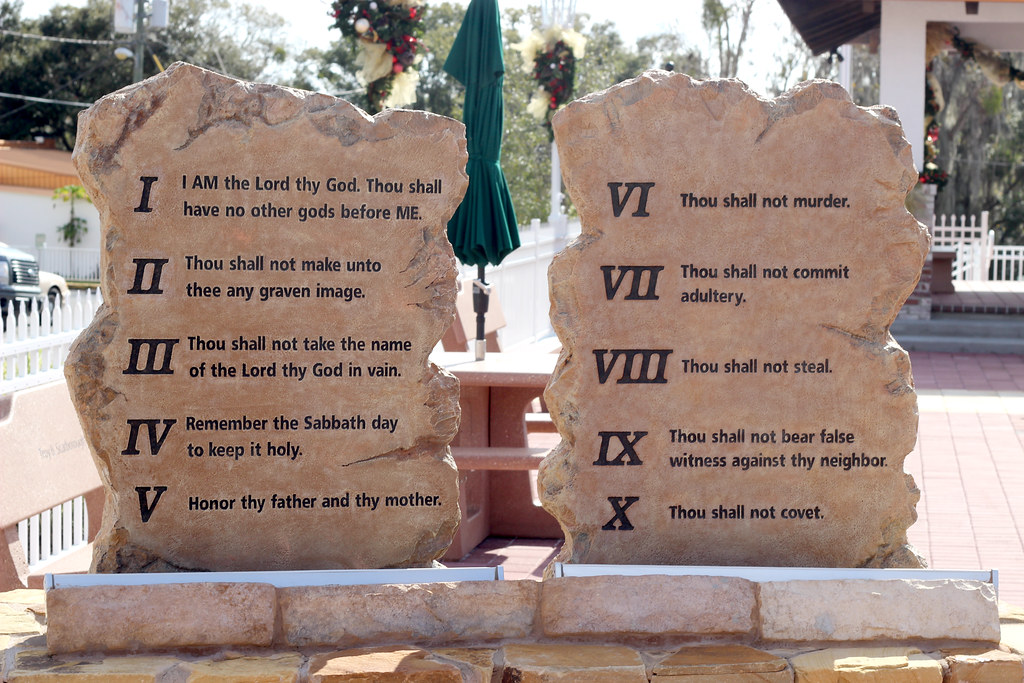A federal appeals court recently ruled that Louisiana can require certain public schools to display the Ten Commandments, a decision that has stirred considerable debate. Last Friday, a three-judge panel from the U.S. Court of Appeals for the 5th Circuit issued an order allowing the enforcement of the state law in schools that are not currently being challenged by parents, paving the way for these displays to be implemented as soon as the New Year.
Celebrating the ruling, Louisiana Attorney General Liz Murrill expressed enthusiasm, indicating her eagerness to work with the state’s school boards to put the law into action swiftly. The law, which was signed into effect by Governor Jeff Landry back in June, mandates that public school classrooms display several significant historical documents, including the Ten Commandments. Each display is required to be 11-by-14 inches in size and must be accompanied by a statement explaining the influence of the Ten Commandments in history.
This legislative effort is backed by the assertion that acknowledging the Ten Commandments plays a crucial role in understanding the country’s history and governance. As stated in the legislation, it reflects the founders’ views on the importance of moral upbringing for a successful self-governing society. Proponents believe that teaching these historical tenets is essential to preserve the state and national heritage.
However, this initiative hit a legal snag when a coalition, including the American Civil Liberties Union and the Freedom From Religion Foundation, filed a lawsuit challenging the law. The plaintiffs, representing an interfaith group of parents, argue that the law violates the First Amendment, which prohibits public schools from endorsing religious displays. Their complaint argues that the longstanding interpretation of the First Amendment should prevent public schools from prominently featuring the Ten Commandments.
In response to the legal objections, U.S. District Judge John W. deGravelles temporarily blocked the implementation of the law as litigation continued. He noted that the plaintiffs had a substantial Free Exercise claim, asserting that the legislation is not neutral towards religion. In his ruling, Judge deGravelles emphasized that the historical evidence did not convincingly support the integration of the Ten Commandments into public education, deeming such practices historically rare and inconsistent with the broader educational traditions of the time.
This ongoing legal battle raises critical questions about the role of religious texts in public education and the interpretation of constitutional rights related to religious expression. As the New Year approaches, the fate of the Ten Commandments displays in Louisiana’s public schools remains uncertain, with advocates on both sides continuing to prepare for the next phase in this high-stakes dispute.







Leave a Reply